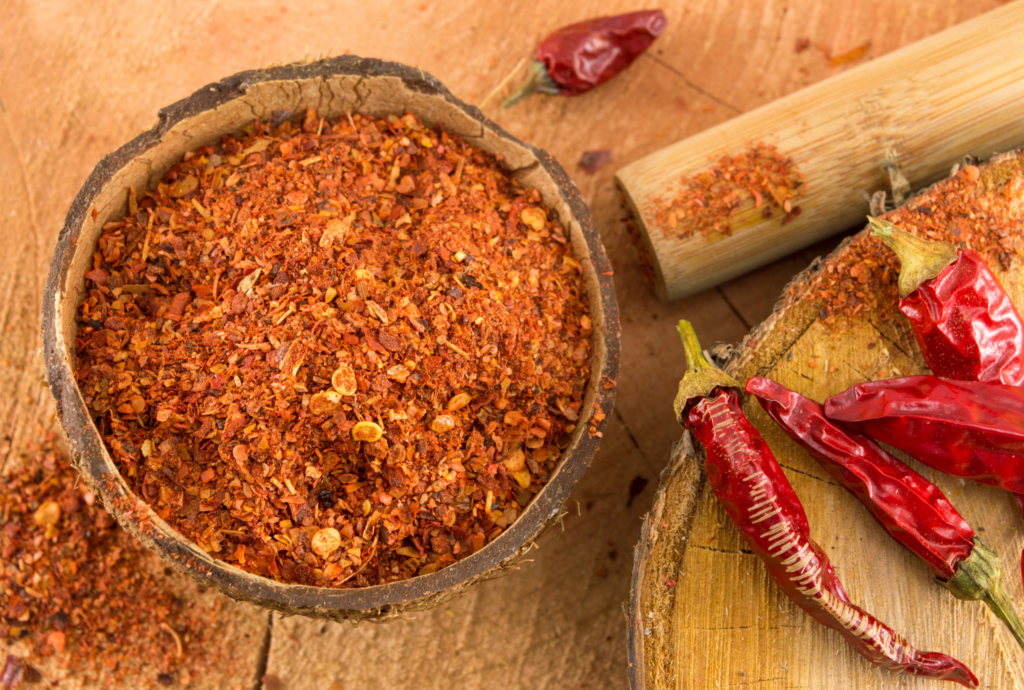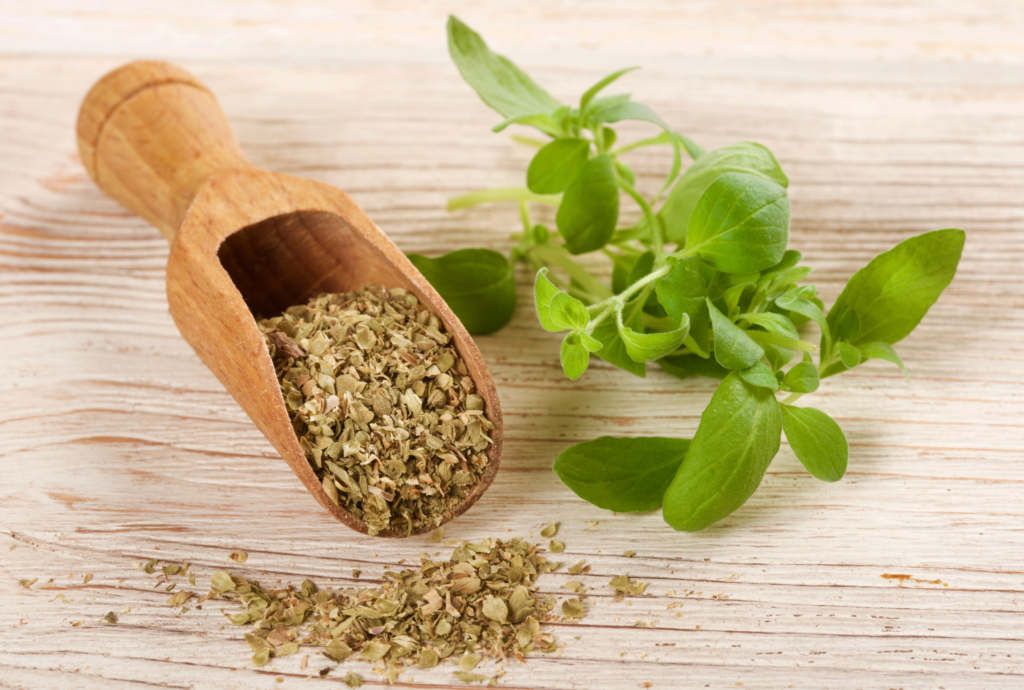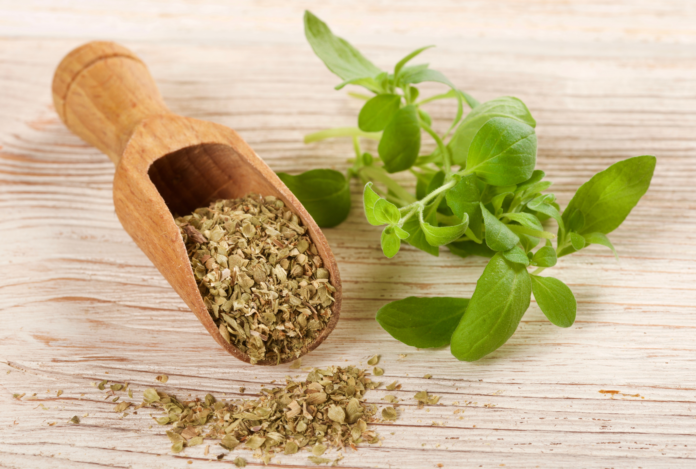Oregano (Origanum vulgare), a fragrant herb from the mint family (Lamiaceae), has long been a staple in Mediterranean cuisine. Revered for its earthy, minty, and slightly bitter flavor, this herb offers more than just culinary appeal. High in protective plant compounds, oregano has been studied for its potential to improve antioxidant defenses and support overall health. Whether used in savory dishes or taken as a supplement, oregano can be a valuable addition to your diet.
Oregano: A Powerhouse of Antioxidants

Oregano is rich in phenolic compounds, including rosmarinic acid, quercetin, and luteolin. These compounds help neutralize harmful reactive oxygen species (ROS), which can damage cells and contribute to oxidative stress. Oxidative stress occurs when ROS levels exceed the body’s ability to defend against them, leading to cellular damage and health issues.
Interestingly, oregano may also benefit those engaging in intense physical activity. In one study, male soldiers who took 500 milligrams (mg) of powdered oregano after an intensive fitness test experienced increased levels of antioxidant enzymes like glutathione peroxidase (GPx) and superoxide dismutase (SOD). These enzymes help combat oxidative stress and support muscle recovery.
While these findings are promising, further research is needed to fully understand how oregano impacts human health and antioxidant defenses.
Potential Health Benefits of Oregano

Although research on oregano’s effects in humans is limited, animal studies hint at several potential benefits:
- Anti-inflammatory properties: Compounds like carvacrol and thymol in oregano may help reduce inflammation.
- Brain health support: Oregano’s antioxidants may protect brain cells from oxidative damage.
- Cancer suppression: High dietary intake of oregano has shown promise in suppressing the growth of certain cancers, such as breast cancer, in animal studies.
- Gut health improvement: Oregano oil may reduce harmful bacteria in the digestive tract and support the gut barrier.
It’s important to note that many of these findings are based on high doses of oregano, far exceeding the amount typically consumed in a regular diet. More human studies are needed to confirm these effects.
Nutrition Facts: What’s Inside Oregano?
Oregano is not only flavorful but also nutrient-rich. A tablespoon of ground oregano contains:
- Calories: 14.3
- Fiber: 2.28 g
- Vitamin K: 33.6 mcg (28% of the Daily Value)
- Manganese: 0.27 mg (12% of the DV)
- Iron: 1.9 mg (11% of the DV)
Vitamin K supports blood clotting and bone health, while manganese plays a role in immune function and blood clotting. Additionally, oregano provides iron for oxygen transport and energy production.
Oregano as a Supplement
For those looking to boost their oregano intake, supplements are available in forms like oregano oil, extract, or dried oregano powder. These supplements are often marketed for immune and gut health due to their antimicrobial and antioxidant properties.
However, research on oregano supplements is limited, and recommended dosing is not well-established. Most supplements provide between 50–200 mg per serving.
Potential Risks and Precautions
While oregano is safe for most people when consumed in normal amounts, there are some precautions to keep in mind:
- High doses: Excessive oregano may cause stomach upset and should be avoided.
- Pregnancy and breastfeeding: Large amounts of oregano or supplements may not be safe and could trigger miscarriage.
- Allergies: People allergic to plants in the mint family (basil, lavender, sage) may also react to oregano.
- Vitamin K content: Oregano is high in vitamin K, which can interfere with blood-thinning medications.
Tips for Adding Oregano to Your Diet
Oregano’s bold flavor makes it a versatile addition to many dishes. Here are some ideas:
- Sprinkle dried oregano on pizza, pasta, or salads.
- Add it to marinades for chicken, fish, or vegetables.
- Mix it into bread or pizza dough for added flavor.
- Use it in homemade salad dressings or as a garnish for soups and stews.
Fresh oregano has a more intense flavor than dried, so use it sparingly to avoid overpowering your dish.
Conclusion
Whether enjoyed as a culinary herb or explored as a supplement, oregano is a nutritional powerhouse with a rich history in Mediterranean cuisine. While more research is needed to confirm its full range of health benefits, adding oregano to your diet is a simple and delicious way to incorporate antioxidants, vitamins, and minerals into your meals.
Experiment with oregano in your favorite recipes, and savor the flavors and potential health perks of this versatile herb.



